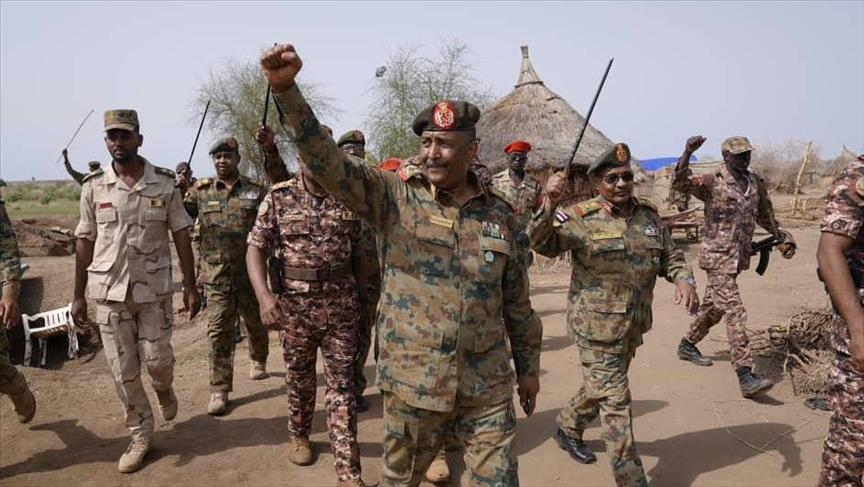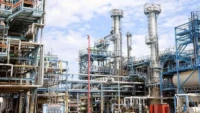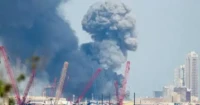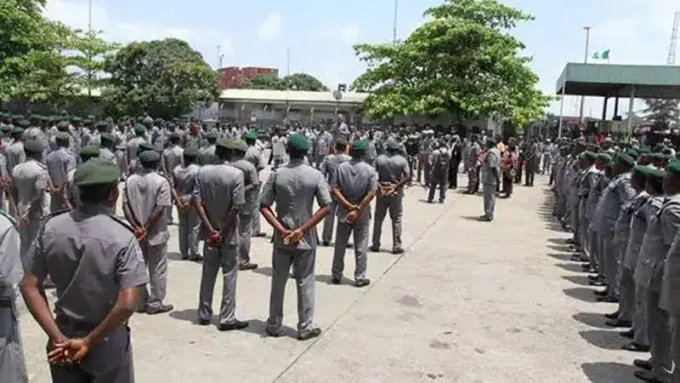In July 2025, the Sudanese military successfully regained control of Khartoum, leading to a significant return of displaced citizens from Egypt. Following the recapture of the capital and surrounding areas from the Rapid Support Forces (RSF), thousands of Sudanese refugees began their journey back home. Many families, carrying their belongings, gathered at Cairo’s main railway station to board free trains to Aswan, from where they would continue by bus into Sudan. This marked a substantial increase in returns compared to 2024, with over 190,000 people crossing back into Sudan in 2025, according to the International Organisation for Migration (IOM).
The conflict, which began in April 2023 due to a power struggle over civilian rule, had displaced over 12 million people and inflicted severe hunger on half the Sudanese population. Over 1.5 million had sought refuge in Egypt, where many faced challenges such as unemployment and discrimination. Weekly return trains, funded by Sudanese businessmen, facilitated voluntary repatriation primarily to Khartoum, Sennar, and El Gezira. Despite improvements in the capital, fighting persisted in the Kordofan and Darfur regions. Sudan’s ambassador to Egypt described the returns as a crucial step toward reconstruction and stabilizing the country.
The returnees faced significant challenges upon their arrival. Khartoum, once the country’s service hub, had been devastated, with destroyed power stations, looted hospitals, and water outages. The breakdown of infrastructure led to a deadly cholera outbreak and a decimated healthcare system, with $11 billion in losses. Sudan’s oil production had halved, and its main refinery was heavily damaged, forcing the country to rely on crude exports and imports for fuel. Drones had attacked key installations, and the government had accused external actors, including the UAE, of involvement—allegations the UAE denied. The U.N. was assessing damages and planning small-scale rehabilitation projects, focusing on decentralizing services and incorporating renewable energy. However, full-scale reconstruction remained unlikely due to ongoing conflict and dwindling international aid.
Despite these hardships, the returnees expressed a mix of joy and sorrow. Many were eager to reunite with family and rebuild their lives, despite the challenges awaiting them in Sudan. The Egyptian government had initiated free transportation for Sudanese refugees to return home as stability slowly returned to parts of Sudan. On Monday, hundreds of displaced individuals gathered at Cairo’s central train station to begin their journey back to Khartoum, which was recently recaptured by the Sudanese Armed Forces from the paramilitary Rapid Support Forces (RSF). Sudan had been in a state of civil war since April 2023, resulting in over 40,000 deaths and one of the world’s largest displacement crises, with millions fleeing the country and more displaced internally. Egypt hosted the largest population of Sudanese refugees—over 1.5 million—since the outbreak of conflict. The free journey involved a 12-hour train ride from Cairo to Aswan, followed by ferries and buses into Sudan. Khartoum, heavily damaged in the fighting, was gradually recovering as residents returned and markets reopened, though basic services remained limited. Those returning home expressed a mix of joy and sorrow, with many eager to reunite with family despite the challenges awaiting in Sudan.
The United Nations had estimated that over the next six months, more than two million displaced people would return to Khartoum, provided security conditions allowed. The International Organization for Migration noted the need to prepare for many of the displaced to begin returning home to Khartoum. The capital city had become a battleground almost from the start, but since the army recaptured it last month, the agency said: “We are seeing people returning, we are seeing hope coming.”
As the returnees began rebuilding their lives, the international community continued to monitor the situation, emphasizing the need for sustained support to address the humanitarian crisis and facilitate the reconstruction of Sudan’s war-torn infrastructure.










Do you think the military takeover in Sudan will bring stability or more chaos? Lets discuss this unpredictable situation!
I cant believe the military is back in control! What do you all think about this sudden turn of events? #SudanCrisis
Im not convinced that the military regaining control is a good thing. What about the citizens rights and safety?
Do you think the military takeover will bring stability to Sudan, or just more turmoil? Curious to hear your thoughts!